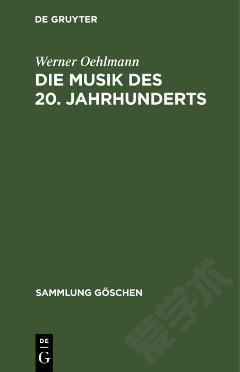Music in the Seventeenth Century
The seventeenth century was a period of profound change in the history of music. In this volume Lorenzo Bianconi considers the radical developments of the century as long-lived musical traditions died out and others were created in response to new social functions. This period saw, for example, the flowering of the polyphonic madrigal and its subsequent decline in favour of a new concertato style, the rise of the basso continuo and the growth of purely instrumental composition. Most importantly it saw the rapid rise and persistent growth of a new genre of immeasurable significance: opera. In examining the plurality of coexistent musical styles Lorenzo Bianconi also discusses the socio-historical and cultural aspects of seventeenth-century music history: the opening out towards rational modes of scientific enquiry and theoretical speculation; the social position of the musician in the age of the first theatrical and musical entrepreneurs; the decline of Italian music publishing and the spread of the market to northern Europe. In considering these problems Lorenzo Bianconi presents a fresh picture of musical life in the seventeenth century, taking, like other books from the Italian series Storia della Musica, a broadly contextual approach.
{{comment.content}}








 京公网安备 11010802027623号
京公网安备 11010802027623号